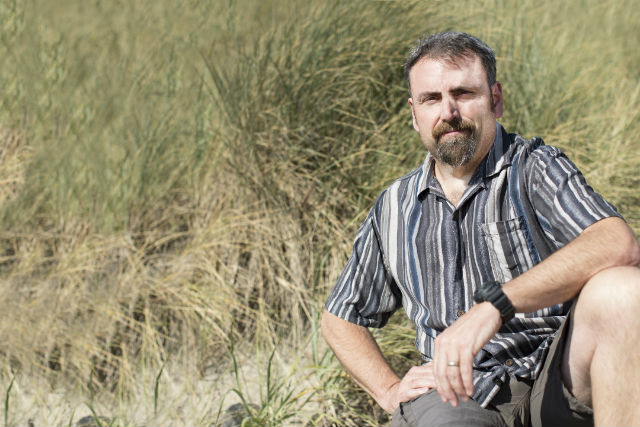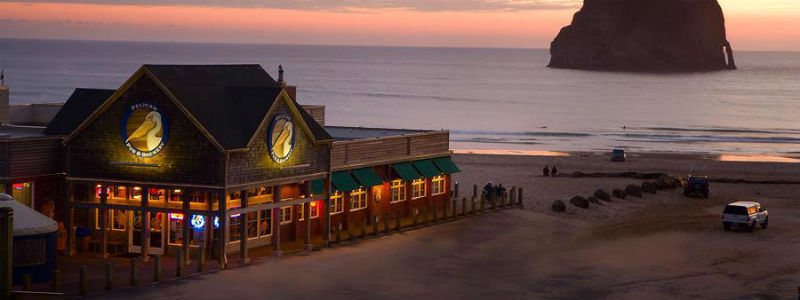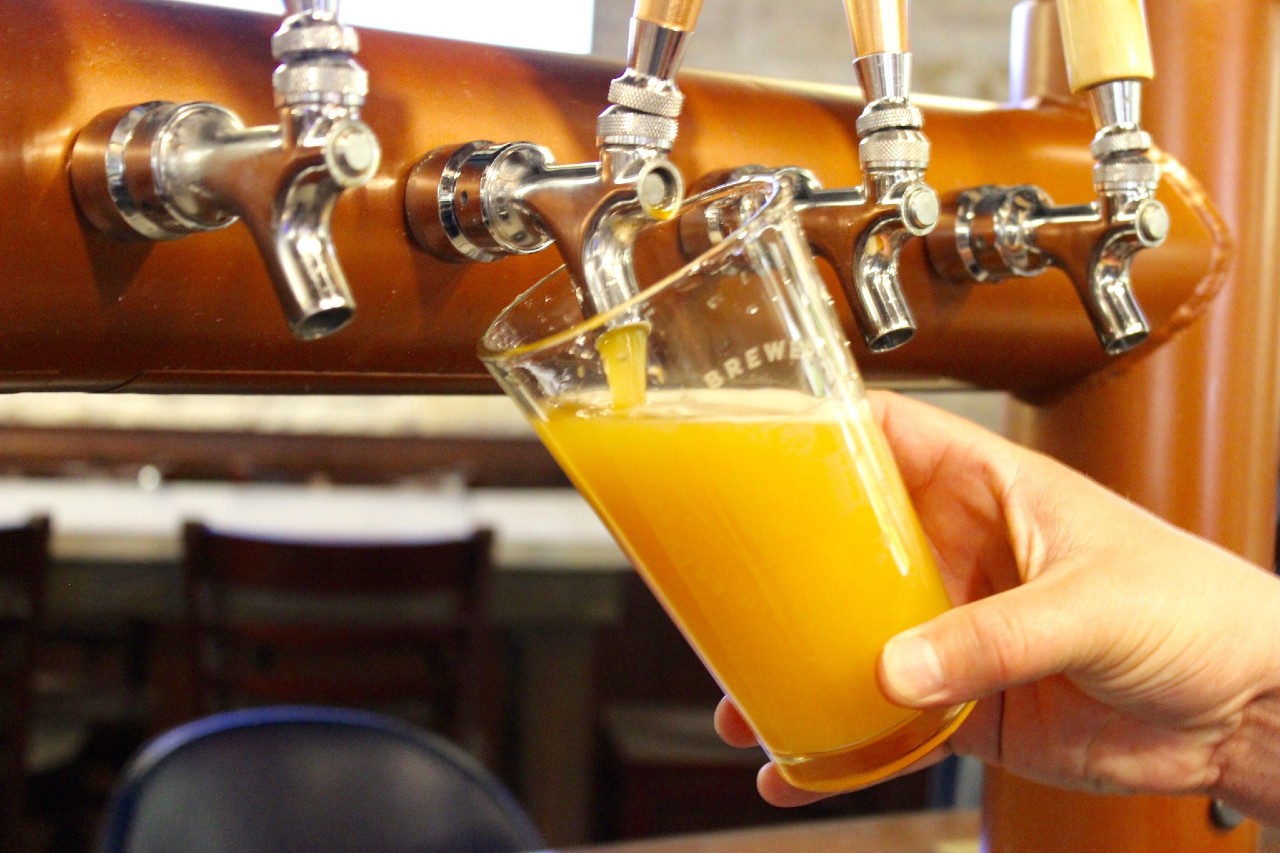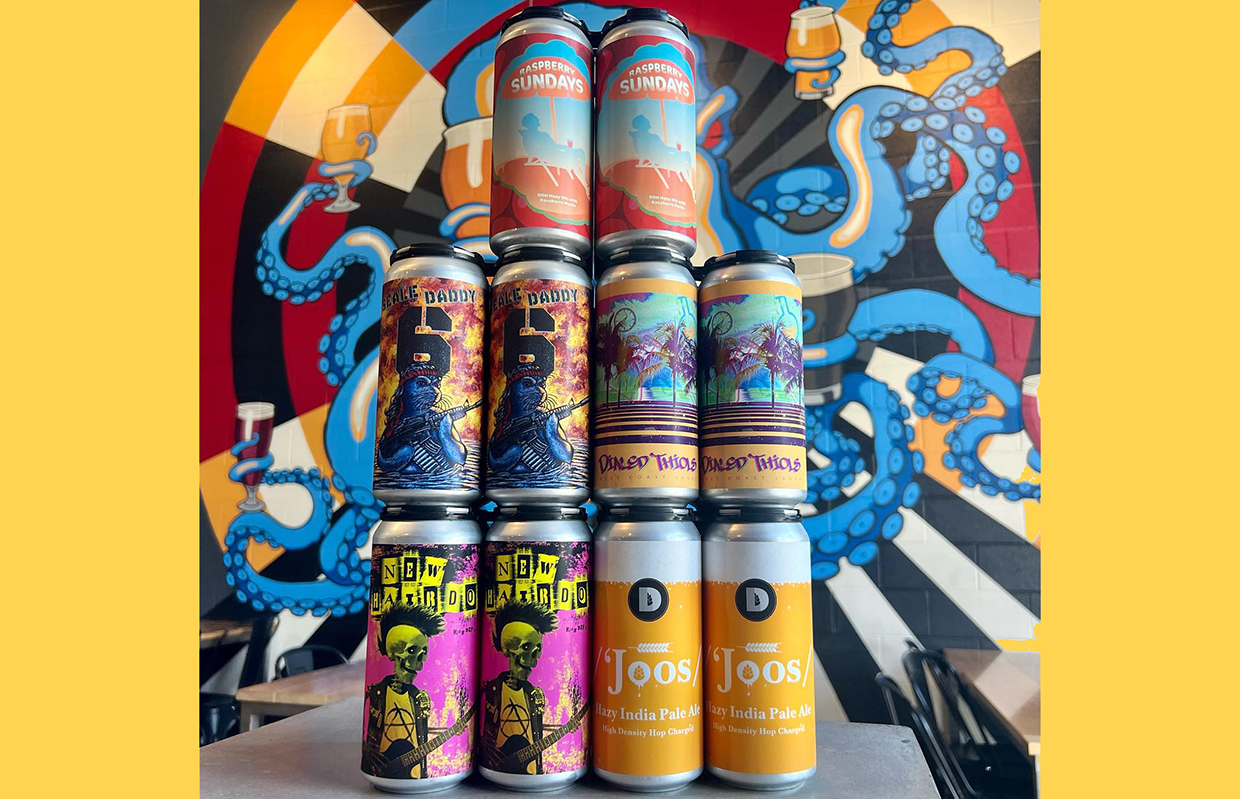
This is a part of a continuing series of Q&As with brewers from across the U.S.
Brewer Magazine will share business and personal insights from Brewmasters, Head Brewers, Brewing Managers and others each weekend to help you, a fellow brewer, Brewmaster or brewing manager get to know each other better in the industry and learn more to better develop your own brand.
Martin Bills, Director of Brewing Operations, Pelican Brewing — Pacific City, Oregon
BREWER: What is a lesson learned within your position that sticks with you to this day?
BILLS: All problems are solvable. Some require both courage & personal reflection.
BREWER: Who is your mentor in the industry and why? What have you learned from them?
BILLS: Crayne Horton, Founder of Fish Brewing Co., Olympia, WA. He is no longer in the industry, but his vision for the future of craft brewing was perfect.
BREWER: What have you added to your brewery lately that’s unique or making your business more successful?
BILLS: Tons of toys and equipment, but what really excites me is how we’ve changed our hiring model. We’re moving away from canned interview questions to illicit hypothetically perfect canned responses. We want the best people…who wants to work at Pelican. Past credentials are secondary. Is this where a perspective employee wants to spend their time?
BREWER: In today’s business climate for craft beer, how will your brewery grow?
BILLS: By providing exceptional service to external and internal customers. Do what we do unerringly well. By the way, we were up almost 30 percent last year, and we’re on track for another 30 percent-plus in 2018.
BREWER: What sort of innovations in craft beer excite you?
BILLS: Anything that drives great beer. This must be the first and the primary goal. If you can’t make a perfect pilsner, you’re barrel-aged barleywine will reflect this. Old brewers wisdom…still true.
BREWER: If you had one strategy that you could implement to better the craft beer business, what would it be?
BILLS: My opinion is that we need to propagate the understanding that brewing as a trade and a profession. There are no shortcuts. Most new employees need a year in the cellar. This builds the fundament to do everything else. Then some time (up to a year) in clarification. Then, and only then, the brewhouse and beyond. After three years of focused hard work, most people begin to ask the right questions. This is not to say we, as managers, don’t need our ears open every day. Great insight comes from fresh eyes. But …until you know the system your in, it’s very hard to make fruitful changes. Too many people think they’re training to be Brewmasters. Which, by the way, is too lofty a goal. The first goal should be to become an expert in all aspects of brewery operations. Mastery implies all that expertise entails, a desire to add to the future of brewing, and a generative nature which strives to pass knowledge to future brewers.






1 Trackback / Pingback